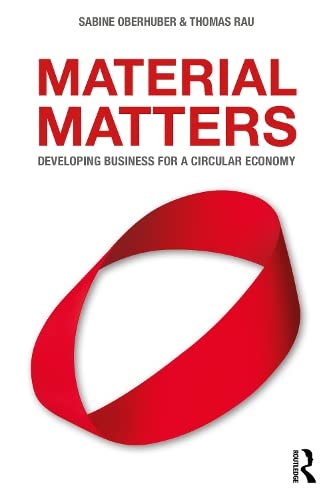

Most ebook files are in PDF format, so you can easily read them using various software such as Foxit Reader or directly on the Google Chrome browser.
Some ebook files are released by publishers in other formats such as .awz, .mobi, .epub, .fb2, etc. You may need to install specific software to read these formats on mobile/PC, such as Calibre.
Please read the tutorial at this link: https://ebookbell.com/faq
We offer FREE conversion to the popular formats you request; however, this may take some time. Therefore, right after payment, please email us, and we will try to provide the service as quickly as possible.
For some exceptional file formats or broken links (if any), please refrain from opening any disputes. Instead, email us first, and we will try to assist within a maximum of 6 hours.
EbookBell Team

4.0
36 reviewsOur planet is a closed system with limited material resources, yet our current economic model is designed in a one-way direction from resource extraction to disposal, leading to resource depletion. This book proposes a new economic model, offering an alternative to this linear ‘take-make-waste’ economy.
Material Matters shows a way of creating a circular economy by using the unlimited resources we have: renewable energy, data and intelligence. It describes a system based on circular business models centred on selling performance rather than ownership, designing products and buildings as resource banks and equipping products with a ‘material passport’ to ensure their usability for future generations. Businesses thereby become custodians of materials, rather than consumers of materials and sellers of products. The book evokes the vision of a radically new economic model based on a compelling narrative, supported with cases that have been developed in conjunction with major companies, for example, convincing Philips to sell light instead of lamps, saving energy and materials by creating a whole new business model, a case which has become iconic for the circular economy.
Material Matters is not a somber analysis of the state of the planet but a concrete and comprehensive agenda for change, offering perspectives for taking action for business and individual consumers alike.